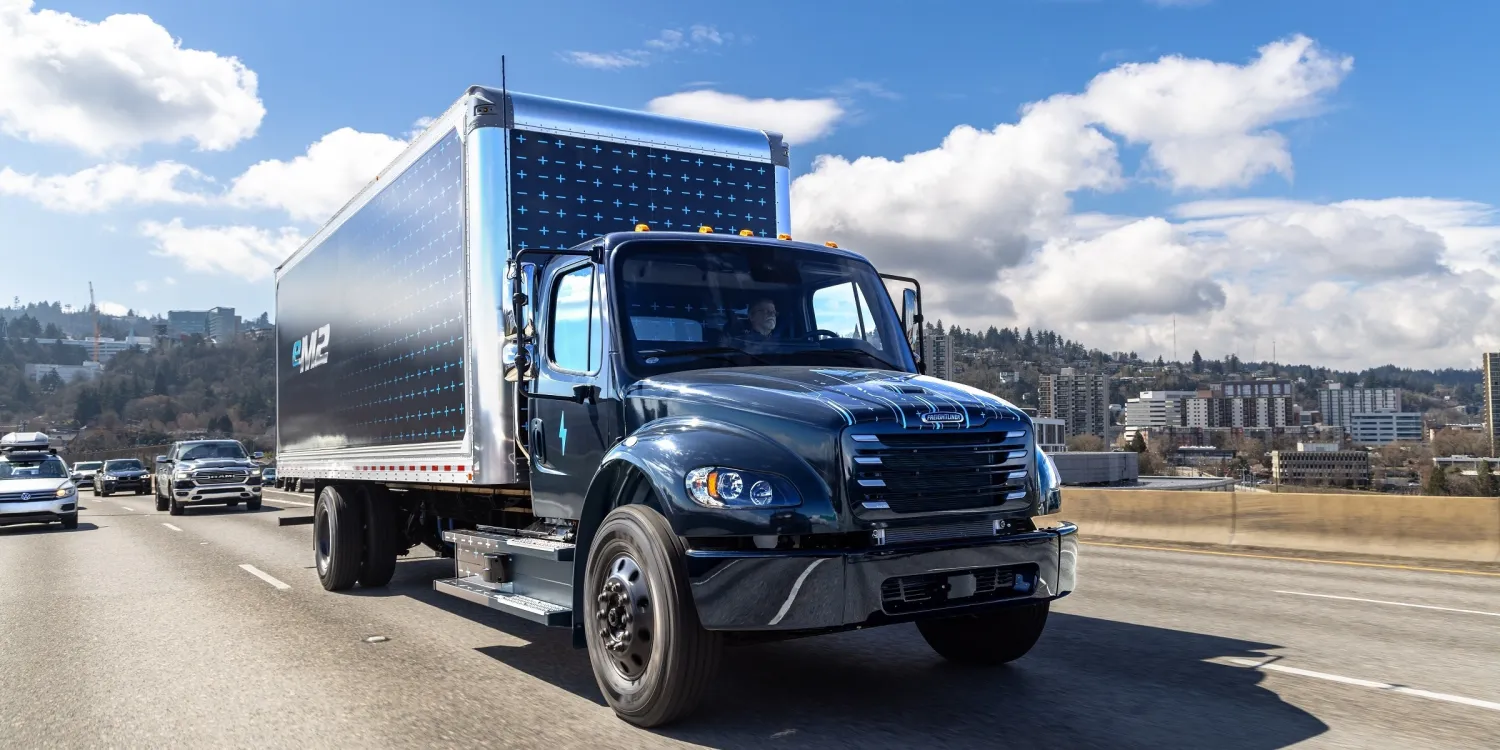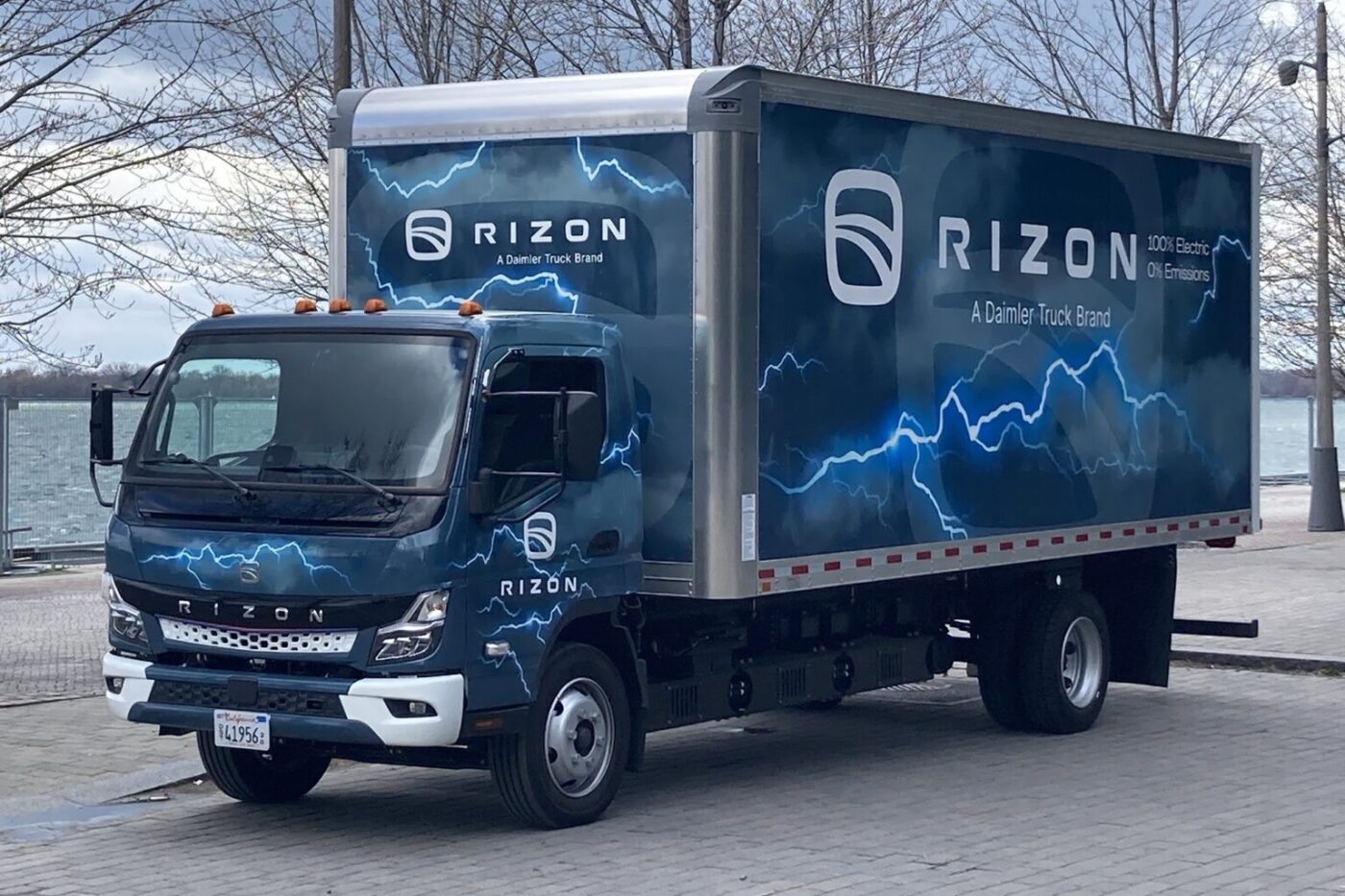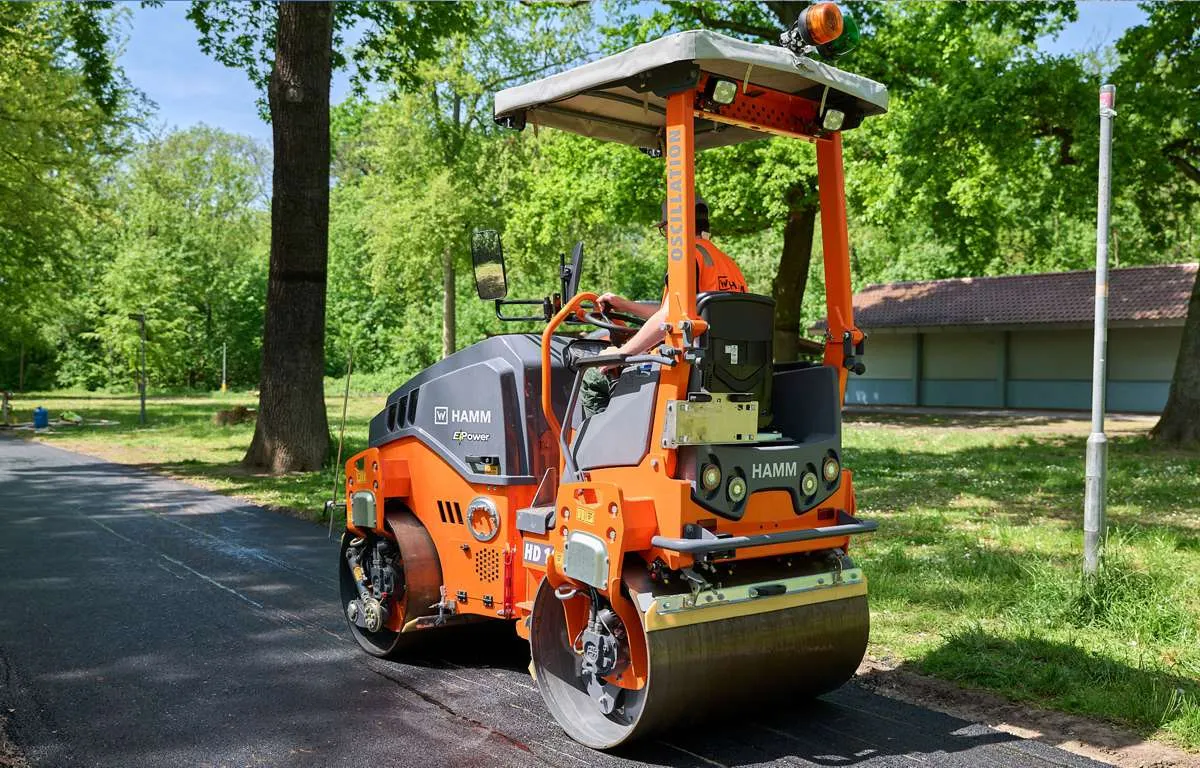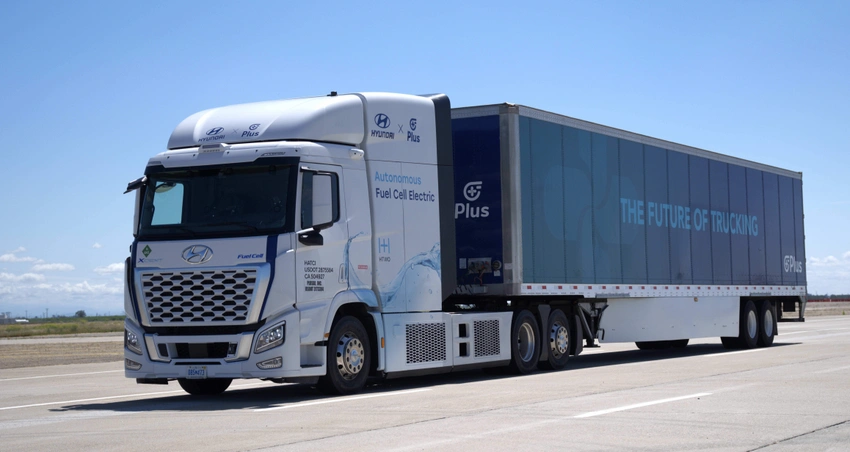Volvo Construction Equipment (CE) is emphasizing the use of data in its decarbonization efforts by investing in advanced telematics and enhancing its carbon footprint reporting.
The Volvo Group has acquired a 22% ownership stake in VizaLogix, a software-as-a-service (SaaS) company specializing in vehicle telematics and data collection. This move aims to improve real-time machine monitoring and technical support capabilities, while also contributing to a comprehensive catalogue of Product Carbon Footprint (PCF) reports, enabling customers to make informed decisions to reduce their environmental impact.
Scott Young, head of region North America, Volvo, stated, “Volvo recognizes that services are becoming as important to fleets as their machines, and our investment in VizaLogix extends our commitment. It’s by combining the right machine with the right services that users get the best solution for their needs.”
Volvo’s PCF reports compare the sustainability benefits of electric machines to conventional diesel-powered ones. The reports analyze a vehicle’s greenhouse gas emissions throughout its lifecycle, covering raw material extraction, component manufacturing, assembly, battery recycling, and end-of-life salvage. These reports adhere to the global ISO standard for Life Cycle Assessment and the Greenhouse Gas Protocol.
Rickard Alm, Head of the Life Cycle Assessment (LCA) program at Volvo CE, noted, “Customers are now looking with scrutiny at carbon performance – on a par with other considerations like cost and quality. With our Product Carbon Footprint reports, we are making it easier to have quick access to the information needed and enabling them to act on their decarbonization ambitions.”
The acquisition of VizaLogix is expected to enhance Volvo CE’s reporting capabilities and improve its ability to support its machines in the field, ensuring they remain operational for longer periods. VizaLogix’s products, such as Vantage Point, TethrIT Now, and TechnicianNow, enable real-time data monitoring, collaboration, and remote troubleshooting, ultimately enhancing fleet management efficiency.







